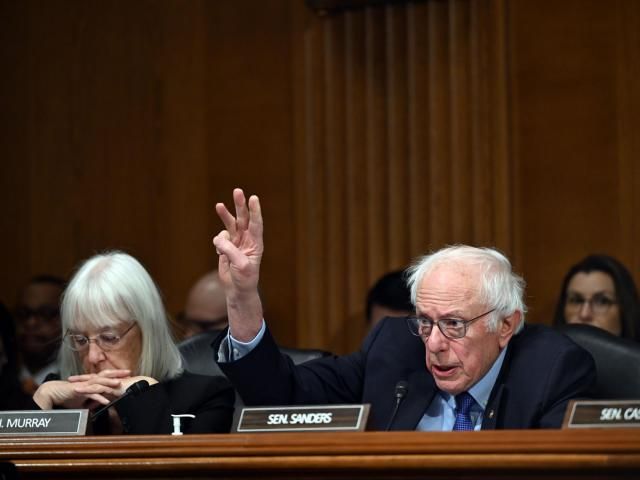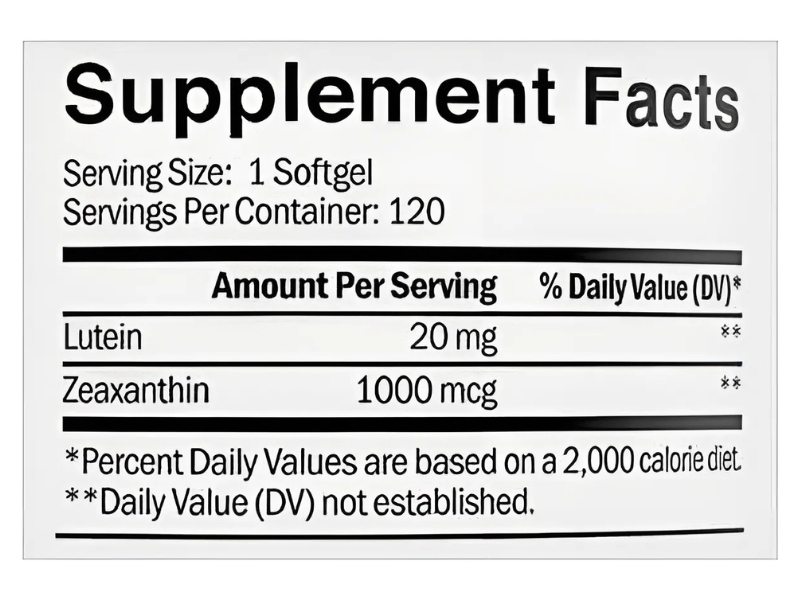GOP Health Bill Faces Scrutiny: Millions at Risk of Losing Healthcare Coverage?

The Republican plan, touted as a 'big, beautiful bill' by some within the party, aims to overhaul the existing healthcare system. Key components reportedly include significant changes to Medicaid eligibility requirements, adjustments to premium subsidies, and potential modifications to the Affordable Care Act (ACA). The specifics of the bill are still subject to ongoing negotiations, but the core objective appears to be reducing government spending and increasing market-based solutions within the healthcare sector.
The most contentious aspect of the bill revolves around its potential impact on healthcare coverage. According to independent analyses, the proposed changes to Medicaid could result in the loss of coverage for an estimated 13.7 million Americans. These individuals, many of whom are low-income, disabled, or elderly, rely on Medicaid for essential healthcare services. Furthermore, critics warn that weakening the ACA could destabilize the individual insurance market, leading to higher premiums and fewer choices for those who purchase insurance on their own.
Concerns have also been raised about the potential for hospital closures, particularly in rural areas that rely heavily on Medicaid funding. Reduced Medicaid payments could strain the financial stability of these hospitals, potentially forcing them to reduce services or even shut down entirely. Additionally, experts predict that the bill could lead to significant premium increases for those who remain in the individual insurance market, making healthcare even less affordable for many Americans.
Supporters of the bill argue that it is necessary to address the rising costs of healthcare and to provide individuals with more choices. They contend that the current system is unsustainable and that market-based reforms are needed to drive down prices and improve quality. Proponents also believe that the bill will empower individuals to make their own healthcare decisions, rather than being dictated to by government mandates. Some suggest that increased competition among insurers will ultimately benefit consumers.
The Republican healthcare bill has ignited a fierce debate across the nation, with passionate arguments being made on both sides. As the bill moves through the legislative process, it is likely to face significant opposition and undergo further revisions. The ultimate outcome remains uncertain, but the stakes are high for millions of Americans who depend on affordable healthcare coverage. The long-term consequences of this legislation could reshape the American healthcare landscape for years to come. It is crucial for citizens to stay informed and engage in the ongoing discussion about healthcare policy.




